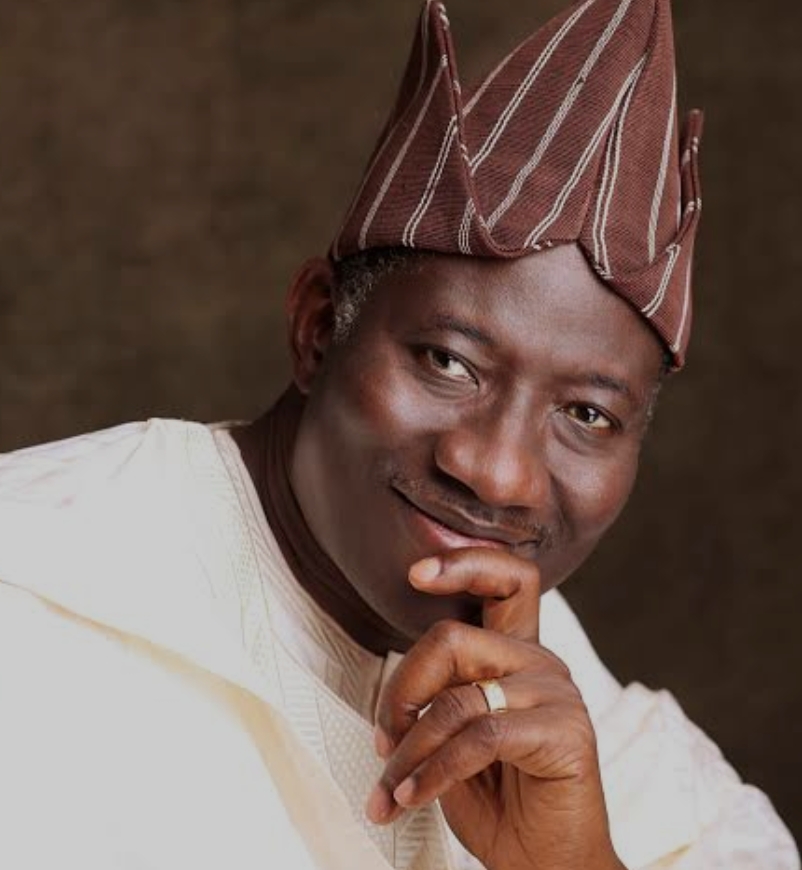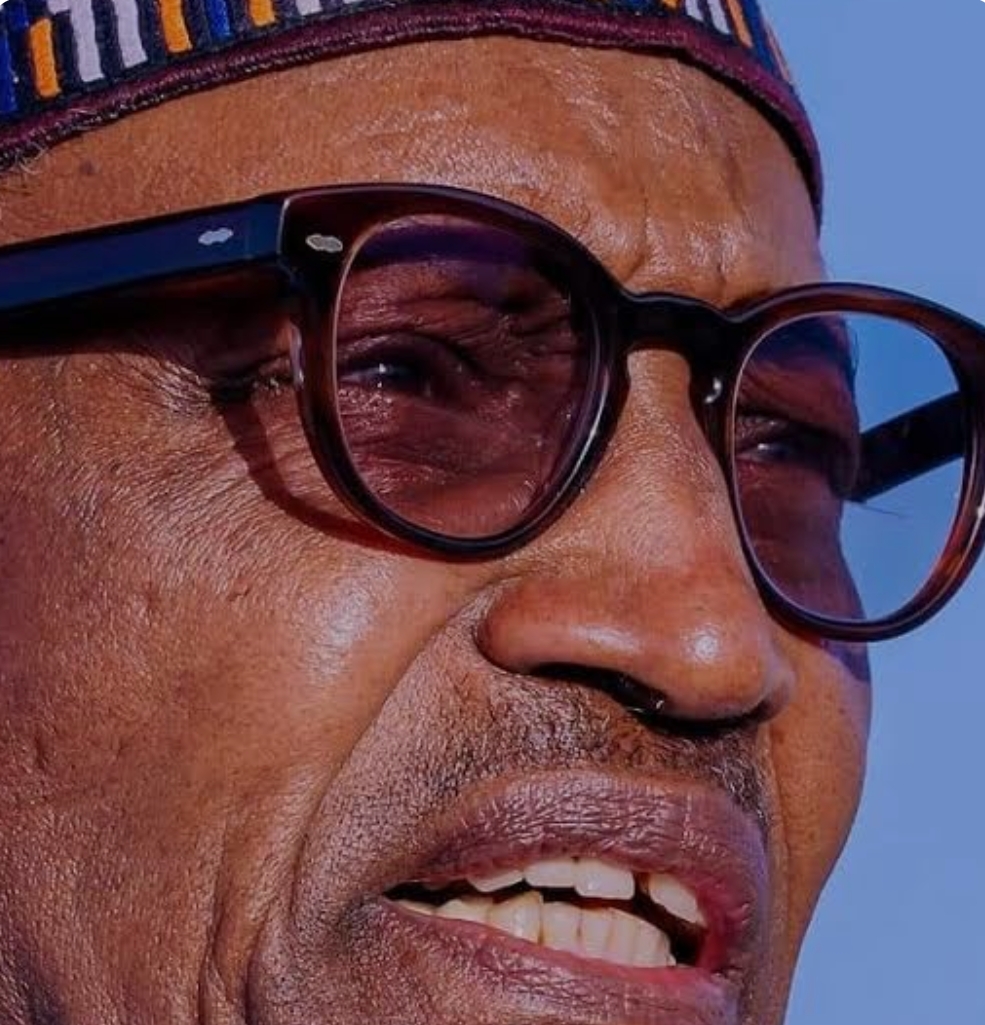
Goodluck Jonathan’s presidency may be remembered as a pivotal moment in Nigeria’s democratic journey, not because of the scandals that marred his administration, but because of his remarkable commitment to strengthening democratic institutions and respecting the will of the people. His focus on electoral reforms, freedom of the press, and tolerance for dissenting opinions set him apart as a leader who prioritized the nation’s democratic progress over personal power.

In 2015, Jonathan oversaw what many regarded as the freest and fairest election in Nigeria’s history. Despite being the incumbent with access to the immense resources of the state, he accepted defeat graciously, earning him global praise and solidifying his legacy as a democrat. His decision to step down peacefully was a rare act of statesmanship in a region often plagued by leaders clinging to power at all costs. Jonathan famously declared, “My ambition is not worth the blood of any Nigerian.” That singular act showcased his belief in the supremacy of democratic institutions over individual ambitions.
However, the election that ousted Jonathan was celebrated not just as a democratic milestone but as a revolution against the oligarchic elite who had long exploited Nigeria’s resources at the expense of its impoverished masses. Nigerians saw the ascension of Muhammadu Buhari, a former military general, as a turning point. Buhari’s campaign was fueled by promises to fight corruption, secure the nation, and revitalize the economy. His fiery rhetoric and austere image convinced millions that he was the change agent Nigeria needed.
Yet, this revolution of hope soon gave way to disillusionment. Buhari’s presidency revealed a stark departure from the populist ideals he espoused during his campaign. Far from being the messiah of the poor, Buhari’s administration entrenched the same elitist practices it had vowed to dismantle. Official corruption soared to unprecedented levels, shielded under the guise of loyalty to the ruling class. Public institutions became more compromised, and Nigeria’s economic fortunes plummeted, with the naira losing significant value and millions sinking further into poverty.
The Buhari government prioritized the interests of the political elite, often at the expense of the common man. Policies that were meant to uplift the masses, such as social intervention programs and subsidy reforms, became avenues for fraud and political patronage. Infrastructure development stalled, insecurity escalated, and the gap between the rich and poor widened. Buhari’s initial image as a “people’s general” was replaced by that of a leader indifferent to the plight of ordinary Nigerians, focusing instead on consolidating power and enriching the few.
In hindsight, Jonathan’s perceived weaknesses, including his inability to tackle corruption decisively, seem almost modest compared to the systemic failures under his successor. While Jonathan’s government may have struggled with issues of governance, it never lost sight of the principles of inclusion, dialogue, and democratic governance. The respect for press freedom and the absence of state-sponsored persecution under Jonathan stand in stark contrast to the suppression of dissent and media under Buhari’s regime.
The irony is glaring: the revolution that was supposed to liberate the poor ended up empowering a more entrenched oligarchy. Jonathan’s legacy, once overshadowed by his ouster, now shines brighter in comparison. He may have lost the presidency, but he secured an enduring place in history as a leader who upheld democracy even at great personal cost. In contrast, the revolution that replaced him turned into a betrayal of the people’s trust, leaving Nigeria grappling with the consequences of misplaced hope.
As Nigeria reflects on its democratic journey, it is clear that Jonathan’s focus on building institutions, rather than wielding power, was a sacrifice for the greater good. The lessons from his tenure remind us that true leadership is not about personal ambition but about creating systems that outlive individuals and serve the people. The challenge now is for Nigerians to demand accountability, rebuild trust in governance, and ensure that the promise of democracy is not traded for the deception of another false messiah.

